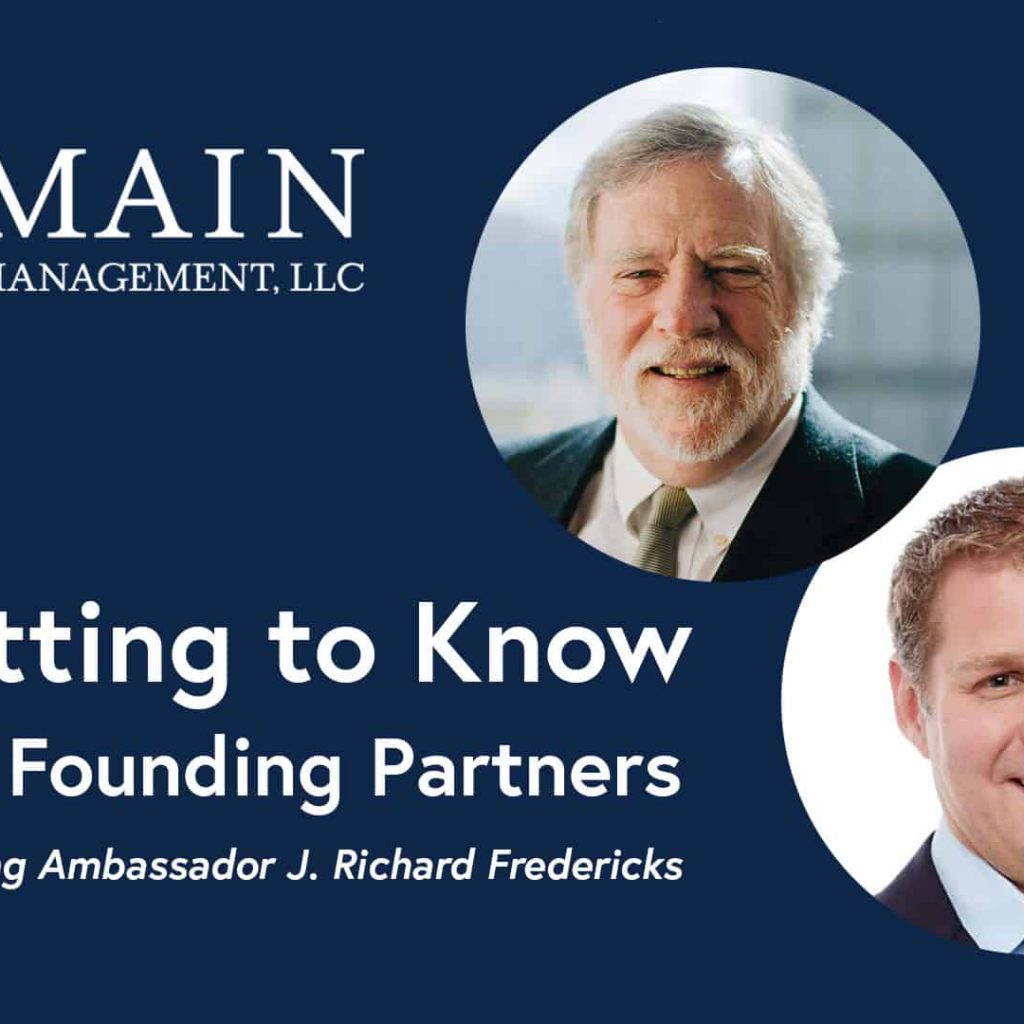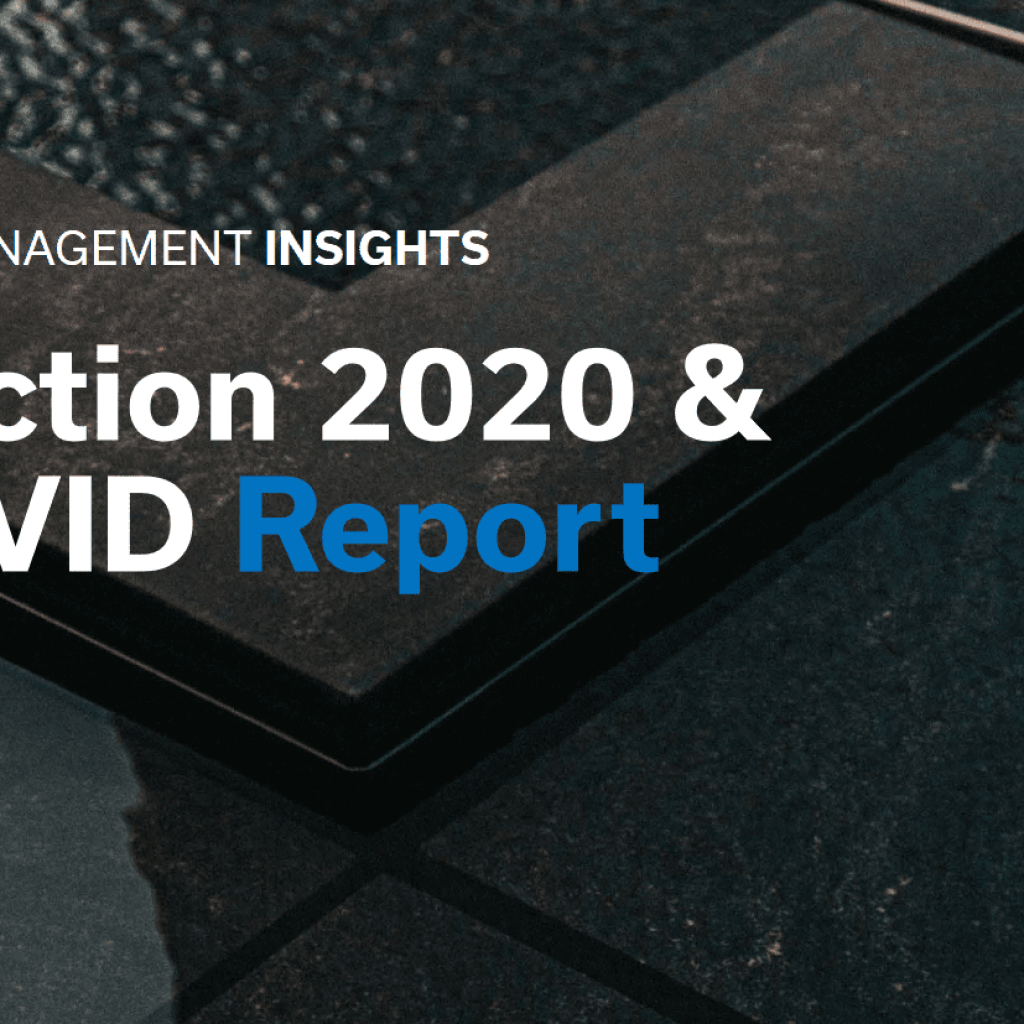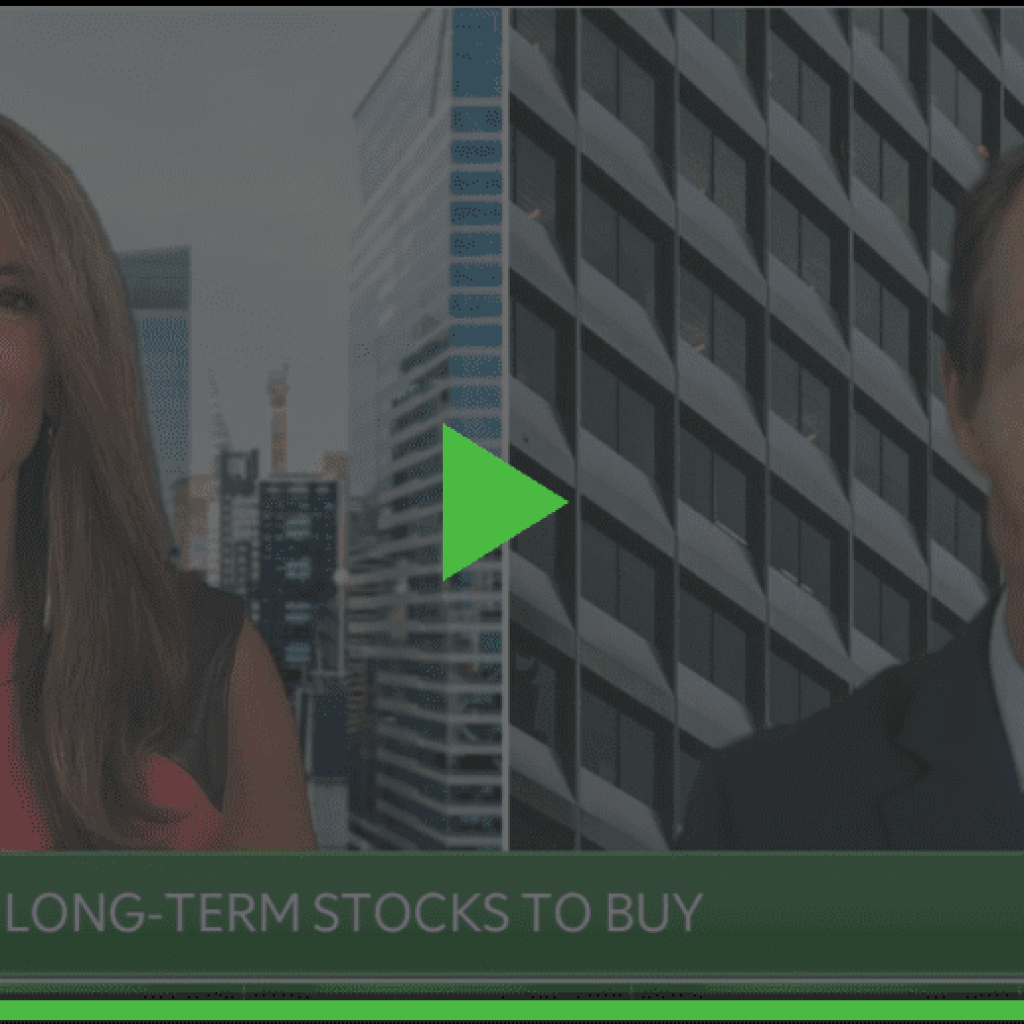Ambassador J. Richard Fredericks is a founding partner of Main Management, LLC. He currently serves as a Managing Director and is a member of the Investment Committee. He began his career with Dean Witter in 1970 as a securities analyst. In 1977, he joined Montgomery Securities (now Banc of America Securities) as a partner and later Senior Managing Director in Investment Research, covering the banking and financial service area. For 17 consecutive years, Mr. Fredericks was chosen by Institutional Investor Magazine as an “All-American” Research Analyst, covering the commercial banking industry. In 1995, Mr. Fredericks formally changed roles to oversee the firm’s investment banking effort for the financial industry. Mr. Fredericks served as United States Ambassador to both Switzerland and Liechtenstein from 1999 to 2001. Mr. Fredericks currently is on The Library of Congress Trust Fund Board; the Board of Directors of Cadence Bancorp LLC; the Advisory Board of Financial Technology Ventures; the Board of Chambers & Chambers Wine Merchants; and as a grower and Board Member for Turley Wine Cellars.
He has previously served on the board of Janus Corporation; the Board of Trustees at Loyola University of Maryland; Bancorp Hawaii and its main subsidiary, Bank of Hawaii; the Board of Directors of the Chiron Corporation; the International Advisory Board of Komatsu; the Board of Regents of Georgetown University and Georgetown’s Robert Emmet McDonough School of Business; as a Board Member of the Swiss/American Chamber in Switzerland; as an Entrepreneur in Residence at Weston Presidio; as a Regent of St. Ignatius College Preparatory School; and as a Trustee for The Town School for Boys.
The transcript of our interview (click above to watch):
Darol Ryan:
Hi my name is Darol Ryan. I’m managing partner and head of sales here at Main Management.
I’m joined by another partner of mine, Dick Fredericks who was, before working here, an all-star analyst on Wall Street for 17 years. Before he moved to corporate finance where he did some of the larger banking deals in this country. Dick started the firm with Kim and Jim Concidine 20 years ago. We’re celebrating our 20th year anniversary and I wanted to sit down with Dick today to have a little fireside chat about a few topics. So let’s jump right into it, Dick you’re one of the shrewdest investors I’ve ever met. And what are some of the guiding principles that you’ve lived by in your long career for managing your own money and your family’s money?
Ambassador J Richard Fredericks:
Well, it started early because I went to Columbia Business School, and thinking I knew everything at the time I borrowed money, which my parents were willing to pay for my Graduate School education. But I borrowed money and thinking I’ll put it in the market and make some money on the side. And I lost it fairly quickly, all of it. So when you pay back a loan. When you have nothing to show. For it, it is a very large lesson. So that was lesson one, and you know I was a young buck on Wall Street and you know, there were a few Bear markets early in my career and I tended to scare out. I sold at the wrong time and probably about 1974 I realized this is stupid. I had to probably pay a few more lessons along the way, but I still own stocks that I bought in 1974. One good example is Wells Fargo, where my dividend exceeds the cost of my purchase every quarter now, so I know that the notion of long-term investing. I’m a huge fan of compounding. And so and then along the way you learn things like a bear market last 18 months in the bull market, last three to five years in general. So if you can wait those out, I’m really more of a buy-and-hold person than not. And also, the idea that I was a bank stock analyst. You know, I was involved in the things you know, which at the time with bank stocks and they’re not wild stocks, so I’ll end up on some of those for a very long time.
Darol Ryan:
And you always said the only free lunch in investing is diversification.
Ambassador J Richard Fredericks:
Absolutely, that’s the only free lunch. I’m trying to remember the fellow name from Chicago that was one of the big firms that. Well, it was always an advocate of that, and every time I heard it, I thought yes, that’s right and my own investing I found that when we sold my old firm Montgomery Securities – actually before that we had a situation where we came in and we might want to make sure that we are doing everything the right way. We had the goose that was laying golden eggs and so at that point in time I diversified into fund managers, and it was in a way it was like a baseball team. If I had diversification and if I really had the right horses, the right players, and one was down – I’d add to that, because if it was true that they were one of the great athletes – you put money in when they’re down, not up. And I follow that for a long time, and I’ve diversified my whole career. And that’s why one of the reasons we started management 20 years ago using ETF’s only because ETF’s are wonderful vehicles to get that diversification. Let me make a comment on that which is interesting. The first ETF that I Invested in was when I was the U.S. ambassador to Switzerland. I did it because they were easy. Easier to fill out the forms, but as an analyst, a single stock analyst, I could be right on the industry and pick the wrong name. With an ETF, you can be right on the industry and some of the ones underneath the umbrella of ETF could do poorly. But overall if you had the industry fundamentals, right – you’d do much better. It’s a very elegant way of managing money.
Darol Ryan:
Shifting gears from you developed one of the terms the back half of the chess board, at least for management purposes. You helped create the Thematic Innovation Strategy. Can you tell us a little bit behind that and kind of the premise, when you first started creating that almost two and a half-three years ago?
Ambassador J Richard Fredericks:
Well, it comes from a long time reading and things that fascinate me. I mean it. It almost goes back to. The period of Enlightenment you know. Back in the late 1700s, what drove that? Because people used to think the economy was a fixed pie. It’s not a fixed pie, you know. If you and I trade it, it’s not an equal thing – we’re both better off. You believe whatever you bought from me is worth the money, and I believe the money you give to me is more valuable to me than whatever I sell you, we’re both better off, it’s plus plus, not equal. But anyway, you can look at that relative to all kinds of things and I love the idea of innovation, and I love the idea of you know the man standing on the shoulders of others and so I’ve studied for a long time innovations and there are books I’ve read that that kind of fascinates me on that one might be, Johan Norberg, he wrote one on 10 major themes and there’s other people that write on that sort of thing. Matt Ridley would be another. I love reading those kinds of books. My father, excuse me, my grandfather taught me how to play chess and if you think about compounding – the way that the chess was started – people don’t know whether it was China or India but somebody started it and they went to the emperor, if it was in China or if they went to the Maharaja in India. The guy was fascinated by it, because it’s really the game of war and said give this inventor whatever he wants, and of course, would be smart enough to start Chess, he was smart enough to know a little bit about math and he said, well, I just want to feed my family so I’ll come back tomorrow and why don’t you give me 2 grains of rice and the next day next and then double on the next square etc, etc… And it took the Maharaja or the emperor till square 32 realize Uh Oh.
Darol Ryan:
Double it every time.
Ambassador J Richard Fredericks:
Right, and the story goes, either beheaded the inventor, or the inventor became the Maharaja or the emperor because it’s where if my memory serves me right at square 64 you would have 8 billion trillion grains of rice and you would need more than two times the earth’s surface to support that.
Darol Ryan:
Yeah, my son and I did a little experiment. I don’t know a couple of months back and we were on the third line and he was like wow this is starting to get big. We’re running out of pennies. I said yeah!
Ambassador J Richard Fredericks:
Well and you’re referring to the old thing about: Would you rather have a penny double every day for 30 days?
Darol Ryan:
Or $1,000,000.00?
Ambassador J Richard Fredericks:
So some people will think about it and they might say the penny. And then they say, well, what about if I give you $2,000,000 and often, they changed their mind – and technology works the same way. We’ve had, through Moore’s law, a doubling of speed and capacity, which is really a 4X every 18 months or so. So the power just goes straight up. And if you think about the penny doubled, you know, at day 29, while the total is $10.7 or $8 million, or you know, so let’s say it’s $10 million and the day before it’s $5,000,000. And the day before that it’s $2.5 million I mean you’re under a million in about five or I think it’s six days. But people don’t realize how much it doubles when they can’t see it.
Darol Ryan:
That works with investing. It also works with the Thematic, you know the Thematic Strategy that we have. We’ve got some great strategies in there which we talked to a lot of investors about, and people are obviously very interested. Let’s switch gears again to, you know, I know you’re very attuned to the economic numbers. I mean, you talk about them quite often you and Alex Varner (Head of Research at Main Management) do the deep dive on a lot of things, what are sort of the top two economic indicators you look at. And then, where do you think we are right now?
Ambassador J Richard Fredericks:
OK, a couple of things: One: I’m attuned to them because as a bank analyst I had to force-feed myself the economy. You know, starting a zillion years ago because the banks are involved in every aspect of the economy – full stop. Even back in the mid-80s, we were worried about countries going out of business and LDC loans and then at one point in time my career everyone was worried about tanker loans when, at that point in time, the cost of the barrel of oil was $9. You know all these tankers were just scrap heap at that point, but anyway, so the banks have been involved in the whole economy, so I’ve always been interested in the economy because if you have a notion of where we’re going then that helps you overall investing. So, it’s hard to say you know, one or two things. But one of the things I will say, which will probably surprise people you know, the economy says, “The economy is 70% consumer and so they focus on the consumer.” Nothing wrong with that approach, but who hires the consumer? You know businesses are the backbone of the economy. And by the way, they hire people, they pay their wages, they pay their benefits, they make stuff that people want and they provide the dignity so when they’re profitable, things expand, and when they’re not profitable – they contract. What you really want is for corporations to do well, because then compensation will do well, and then the consumer will do well, and then the consumer purchases, which is 70% of the economy – work. So I actually start with. Going back, if I had to go with two. One would be the 10-year because that’s your free source of, they’re not free, but I mean that’s your cost of capital and competing vehicles all the time and the other probably would be jobs itself, when you know when jobs are growing, the economy is healthy. I also again believe in the dignity of a job and when jobs are really running those at the lower end of the spectrum have a better shot. So, I look at that very, very closely. But then I would go back to this business thing because again they hire the people and they make the stuff.
Darol Ryan:
So where is it telling you are right now? I mean we just got our jobs number today was fine, but I know you’ve got opinions.
Ambassador J Richard Fredericks:
I did. I did look at that. You know we’re in a funny place right now, we have very low unemployment and we have inflation, but the jobs number today. Um, was above people’s estimates, but included in that was the household numbers are down. We’re down 350,000 and the labor force shrunk by 350,000. Actually, the first one was down 315. So there’s been some machinations in it you know. Another one is the participation rate has been down and it’s kind of, you know, creep back up, but we want more people in the labor force. People have dropped out, so I think that the 3.6% number is a little bit artificial. Now, having said that, where do I really believe we are? Well, we’ve had 1/4 of negative GDP. Everybody now is looking at the Atlanta Fed GDP now, and that’s now a – 1.9%. Whatever this quarter comes in, and by the way, I think it’s going to be a negative number, but let’s say it’s flat. Average the two. We feel like we’re in a recession and I think we are. And the Fed did a study, they do it every three years and so we’re now up for one this summer I think it is, where 40% of the population could not put their hands on $1000. Those people absolutely feel we’re in a recession, and so we’re fragile and we’re fragile with higher inflation than we want or need, and need is a lousy term that we don’t need inflation, but much higher than we should have, and so the question then is will Powell assert his inner Volcker views or not? I think that he was more dovish before he got reappointed and now I think he’s acting hawkishly, but we’ve now had some rollover in certain things and so the question will be how sticky inflation is.
Darol Ryan:
Right, and when does he pivot? If inflation has peaked, does he pivot, and when?
Ambassador J Richard Fredericks:
Well, you could have incrementally better numbers, but let me give you know mathematically if you look at the last 12 months of the CPI were going to drop off a high number. And add on and now, you know, like the Atlanta Fed has a GDP now, but this Cleveland Fed has a nowcasting thing for inflation. They and Bloomberg are predicting 1% for the month of June. If we print a 1% number the year-over-year CPI number will go up, not down. Then we have several low months that we’re gonna be dropping off, so it looks to me like at least the year-over-year numbers are going to be high into the NFL season.
Darol Ryan:
Let’s see, I’ve got two more questions for you. Look, I know you’re a voracious reader, you’ve given me a lot of great recommendations on books. What are your top five books? And maybe there are a few in this sort of financial world. Maybe there are a few outside of that, but can you rattle off, I think people care about some good summer reading.
Ambassador J Richard Fredericks:
Well, I mean, as a kid, I had been a huge reader since I was a kid. Even in the point, you’ve heard stories about people you know, reading with a flashlight under covers. That was me. And that started with the Hardy boys and Chip Hilton, which was a series of fun books on sports. But some of the ones, when I think about that kind of answer, I would split between the business books, which I’m not as keen on, or other books. But the ones I remember the most – I still remember most of the cases of every Sherlock Holmes. I read literally that whole series in one weekend. I went into my bedroom and I never came out until I read the whole thing. But anyway, Lord of the Rings, I still remember every character and I can’t remember when I must have read that 25 years ago. Other ones like that would be To Kill a Mockingbird, Caine Mutiny, Atlas Shrugged, which I would say is a business book as well as one
for pleasure and. And then recently, I think you were gonna ask me about it maybe – I would put in their Nicomachean Ethics by Aristotle.
Turn into the business side. I would say you know from an investment standpoint I took a course at Columbia by a guy named Roger Murray who was a disciple of Benjamin Graham, and so of course I put in there in the Intelligent Investor and another one would be the Masters of Money which. Was the only time I think I’ve ever seen Buffett actually say what kind of company he really likes to invest in and what really makes a great investor. I don’t know. Obviously, people have written about him, but this was him talking about both of those and that was. Good another one which is a classic, which is one you give to your kids, is The Richest Man in Babylon. Yes, which is another book that talks in a way about compounding and the richest man in Babylon. Uh, would put aside 10% every year and then he also had some other advice in there, like don’t lose it and you know, do you do your homework and your home was your biggest investment? I mean. It is so classic, it’s unbelievable. And then I would put in a couple of I’d love. The fellows that influence our founding fathers. Clearly one would be Adam Smith and I’ve read virtually all of the Wealth of Nations closely, and another one would be On Liberty by John Stuart Mill So that’s a that’s a. Lot of that’s a lot of.
Darol Ryan:
I’m gonna get the list because people are gonna ask for that list. Let’s finish up with this – I know you’re doing something, as am I, we’re both big believers in education. We talk about our kids you – giving them the best we possibly can. Tell us, tell our clients and us on here on this podcast, what you’re planning next overseas?
Ambassador J Richard Fredericks:
Darol knows what I’m doing, so that’s an interesting question because I created a scholarship from my alma mater, Georgetown, to Oxford. I always wanted to go on my own scholarship. Through a lot of discussions and meeting people and such. In about 10 months, I’m going to go to Oxford to study a course that I designed. It’ll be a two-month course on the fellows that influenced our founding fathers. Like I just mentioned John Stuart Mill, you know the guys like Humes and yeah of course, Smith and Locke and Ricardo. And so I’m going to do that this coming year.
Darol Ryan:
That’s going to be fun, have a pint of Guinness for me over there cause that’s a wonderful place.
Ambassador J Richard Fredericks:
Yeah, I, I just hope my wife will come with me. It’s only two months and she says “do I have to come?” and I said “Yes of course” because then I’ll use Oxford as a base and we’ll go do stuff you know on the weekend.
Darol Ryan:
That’s great. Well, thank you for joining us today, and thank you all for listening again. I’m Darol Ryan from Main Management. Thank you for the partnership. You can visit our website for more. We’re going to be doing more of these over the next couple of months. And thank you very much!





